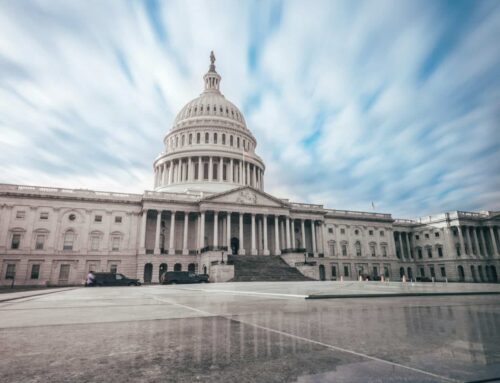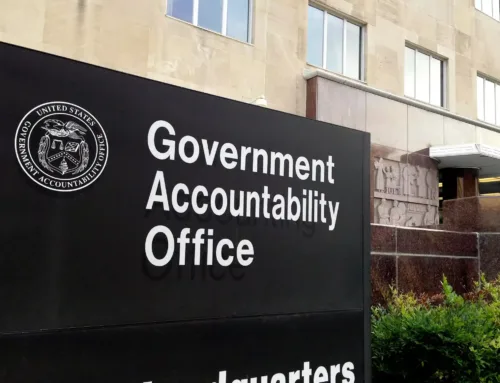Going to the beach this summer – whether it was for the 4th of July or an August vacation – you might want to keep an eye out for some of your tax dollars on the way. Federal subsidies are everywhere and in everything. If you’re not paying attention, you might miss them.
First off, you may be driving, riding in, or passing a beneficiary from the 2009 “cash for clunkers” program. And considering Congress just passed a transportation bill that for the first time decouples gas tax revenue from highway expenditures, you may be paying twice for the road improvements that are creating the traffic backup – once with your gas tax, and once from your regular taxes.
See that cornfield passing by your window? The landowner receives plenty of federal subsidies called direct payments simply because the land has historically grown corn, and he or she can also get crop insurance that, on average, has the taxpayer picking up 62 cents of every dollar of premium payment. And when you fill up the gas tank, at least 10 percent of the fuel is probably corn ethanol, because the feds mandate the country use it – another subsidy. And we’re not even talking about the billions of dollars in tax breaks the oil and gas industry gets every year.
Your vacation beach house is probably also subsidized by Uncle Sam. The mortgage interest tax deduction isn’t just for primary residences: second homes are eligible too, up to $1 million worth of mortgage. That ought to pay for a few mojitos. Oh, and if the rum in those mojitos is from the U.S. Virgin Islands or Puerto Rico, we rebate the liquor tax back to the territories. In fact, the U.S. Virgin Islands is using their future portion of those tax rebates to build a new Captain Morgan distillery for Diageo, the U.K. based, largest liquor conglomerate in the world. Maybe a “captain and coke” is in order!
As you relax with your beverage in the beach house, you may think about storms. It is hurricane season after all. No worries there: Federally subsidized flood insurance is available. Congress stuffed a watered down version of the flood insurance reform bill into the recently passed transportation package, which will eventually require some of these properties to pay rates commensurate with the flooding risk. But we’ll see.
As you walk on the beach and feel that fine sand between your toes, you will feel the warm sun and hear the pounding surf – surf that is eroding the very beach you are standing on and moving the sand somewhere else. Never fear, your tax dollars are here! In charges the U.S. Army Corps of Engineers to mine sand offshore and pump it onto the beach, and the federal taxpayer picks up the majority of the tab. And if it erodes again in a few years (likely) they’ll come on back and pump more – refills for 50 years!
As you lie down on your beach towel, you’re probably enjoying “the look, the feel of cotton.” You might also want to know that cotton farmers get just about the most lucrative crop subsidies. So lucrative, in fact, the World Trade Organization agreed with Brazil that U.S. cotton subsidies were trade-distorting and ordered the U.S. to cease them. But the subsidies are really addictive, so instead of giving up that habit, the U.S. government is bribing Brazil with $147 million a year for a Brazil Cotton Institute. That’s right; we’re subsidizing other countries in order to keep our wasteful subsidies.
Part of the reason subsidies proliferate is because the only people who know about them are those that benefit. It’s past time for the rest of us to stand up and tell our elected officials that with a $15 trillion debt, we need to eliminate much of this wasteful spending. In fact, Congress is about to head on vacation in August; when they’re back home, let them hear what you’re thinking.










